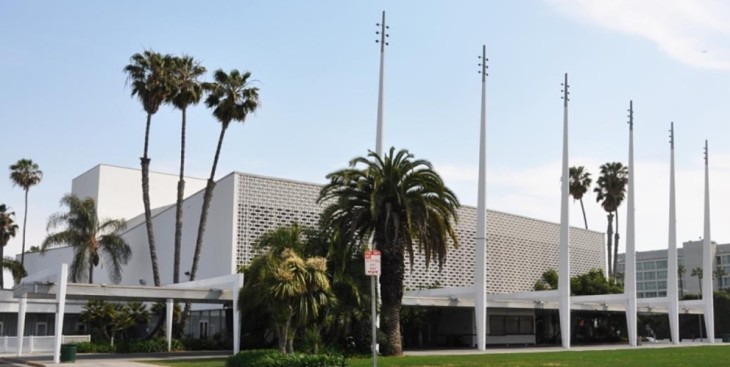Politicians have come up with myriad alleged reasons for the dismal vote turnouts seen across California in this spring’s municipal elections – not even reaching 10 percent of eligible voters in the state’s biggest city, Los Angeles.
Bad timing, some suggest. Too many elections, others say. Another excuse: not enough news coverage.
But these rationalizations ignore a fundamental reality of today’s politics. Voters just don’t trust politicians, believing many have been bought by special interests making unlimited, often anonymous donations under the U.S. Supreme Court’s infamous “Citizens United” decision, which declared that corporations have some of the same rights as people.
Because Supreme Court justices serve for life and several who voted for Citizens United are relatively young, that decision won’t be reversed anytime soon. So anyone believing that openness and transparency can create trust in government must look elsewhere for solutions.
One that many believe can be effective is immediate, prominent disclosure of the biggest funders of political campaigns and advertising both for individual candidates and ballot propositions.
Enter California’s proposed “Disclose Act,” a putative law that’s been on the drawing board in the Legislature for more than five years. It would require the top three funders of ballot measure ads be shown clearly in the ads themselves. And it requires the donors listed in the ad be the original sources of the cash, forbidding the use of committee names often employed to conceal the identities of the original contributors.
While this doesn’t require similar disclosure of donors to so-called independent expenditure committees backing individual candidates, it’s a big step in the right direction. Donors to the candidates themselves are listed on the secretary of state’s website.
Backed by the California Clean Money Campaign and more than 400 other organizations, the Disclose Act reemerged in the Legislature in March, co-sponsored by Democratic Assemblymen Jimmy Gomez of Los Angeles and Marc Levine of Marin County. It’s now also known as AB 700.
“The goal…is to press for greater transparency at who’s trying to hide behind these magnificently titled political committees, expose their true identities and motives,” said Gomez.
It’s anybody’s guess whether voters watching TV and Internet ads would pay attention to this information if offered. But at least this would give them the chance to understand what and who is behind the ads blasted at them.
Would it have worked with something like last fall’s Proposition 45? That measure, aiming to regulate health insurance prices just like car insurance and property coverage premiums already are, led in polls by about 10 percent when the campaign around it began in July of last year.
But a $55 million ad campaign, seemingly ubiquitous for months on both radio and television, reversed that margin and led the initiative to lose by 59-41 percent.
The measure was opposed by the California Medical Assn. doctors’ lobby and the California Hospital Assn., among others. They feared controlling insurance premiums would cut into their members’ income. The endings of their ads also contained fine print and barely audible statements saying they were paid for by the state’s biggest health insurance carriers, Kaiser Permanente, Blue Shield, the parent company of Anthem Blue Cross and HealthNet.
The result made it plain almost no one read the fine print or heeded the sotto voce disclosure statements, let alone checked out the secretary of state website. The ads turned around about 1 million voters, as effective a campaign as the state has seen in years.
Things might have been different had the Disclose Act been around. Would voters who knew the message was sponsored by Big Health Insurance still have changed their minds and chosen today’s unregulated health insurance premiums? It’s speculative to say that disclosure would have prevented the turnaround in voters’ opinion on insurance rate regulation, but the Disclose Act at least would have let them know who was trying to influence them.
All of which means that although the latest version of the Disclose Act would still leave plenty more to be done, it would be a big step toward voters’ understanding the political process and leveling a playing field that now tilts markedly toward large corporations.


























